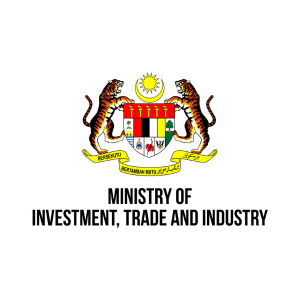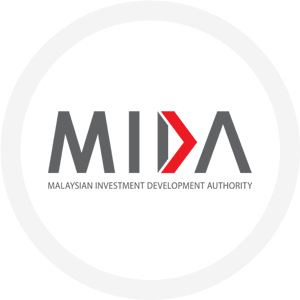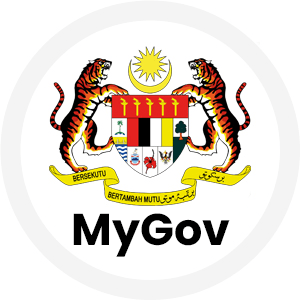Elevating Worker Productivity for Enhanced Competitiveness: Malaysia's Path to Economic Growth
25 April 2024, Petaling Jaya - Malaysia's pursuit of transitioning to a high-income economy faces persistent challenges in its labour market, including low wage rates, reliance on low-skilled foreign workers, and a mismatch of industry-required skills among workers.
The shortcomings in Malaysia's labour market not only affect overall economic performance and competitiveness but also result in widespread skilled underemployment, despite a relatively low unemployment rate. To address these challenges effectively, a comprehensive approach is required, emphasizing on wage policies and strategic skill development initiatives.
Encik Zahid Ismail, Director General of the Malaysia Productivity Corporation (MPC), highlighted the importance of building an industry-ready skilled workforce to attract investments in high-value industries. This aligns with the MADANI Economy framework, aiming to elevate Malaysia among the top 25 countries in the Human Development Index (HDI) and the 12 most competitive economies globally within the next decade towards becoming a high-income nation.
Investing in skill development, alongside government initiatives like the minimum wage and the Progressive Wage policies, is essential for bridging skill gaps in the labour market. The salary increases benefits workers by contributing to the enhancement of their skills, and it also provides advantages to employers by fostering increased productivity, employee loyalty, and enhanced business competitiveness.
Akademi Dalam Industri program, led by MPC, exemplifies this effort by aligning skill enhancement modules with industry needs and technology advancements to increase the percentage of skilled workers. High level skills empower workers to adapt to new technologies, ensuring their relevance in the dynamic labour market.
While wage alignment and skill development are vital, they must be integrated into a broader policy framework that includes enhancing educational outcomes and aligning training programs with market needs. By leveraging data-driven decision-making and fostering collaboration between government, industry, and educational institutions, Malaysia can effectively tackle skill mismatches and underemployment.
In conclusion, Malaysia's labour market challenges necessitate aligning wages with skills and investing in targeted skill development initiatives. This multifaceted strategy, backed by robust policy frameworks and stakeholder engagement, will drive sustainable economic growth and productivity of the nation.
End.
About Malaysia Productivity Corporation (MPC)
MPC is a statutory body under the Ministry of Investment, Trade and Industry (MITI). It drives national productivity holistically at the national, sectoral, and enterprise levels through three main thrusts: developing future talent, driving digitization and innovation, and building a robust ecosystem. It collaborates strategically with the private and public sectors by emphasising productivity as a key agenda to boost productivity growth and national competitiveness, ultimately leading to shared well-being and prosperity.
For media inquiry:
Media Management Unit
media@mpc.gov.my





















